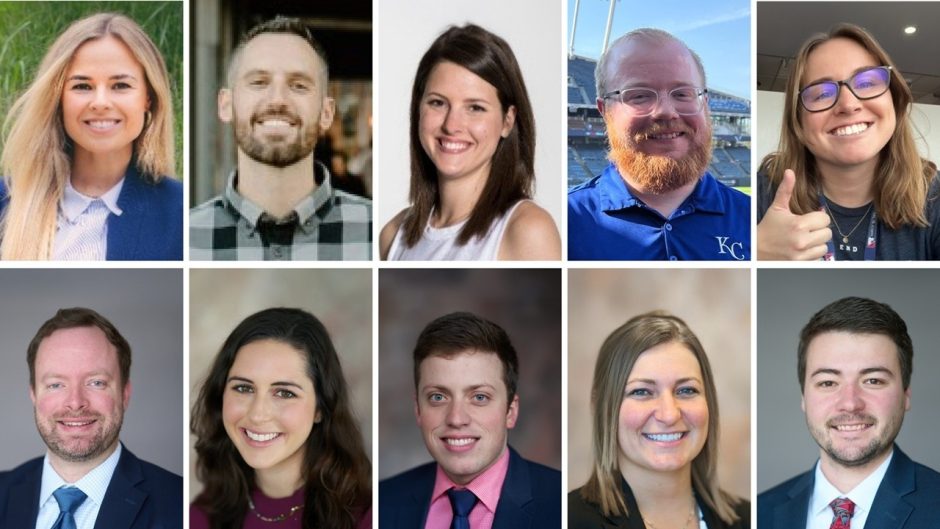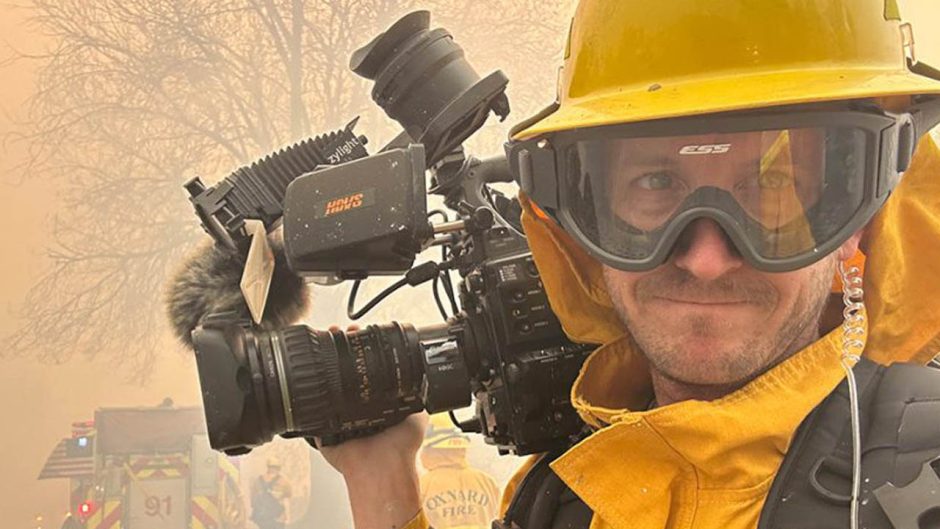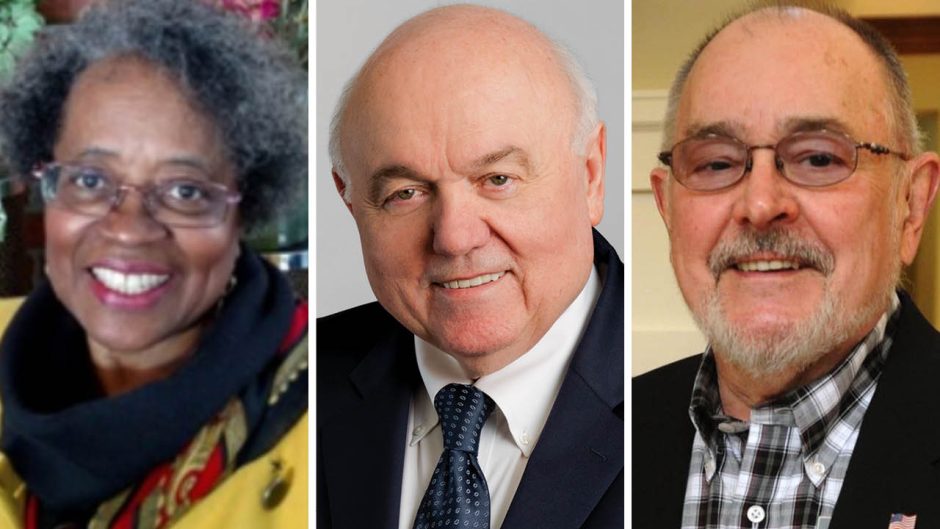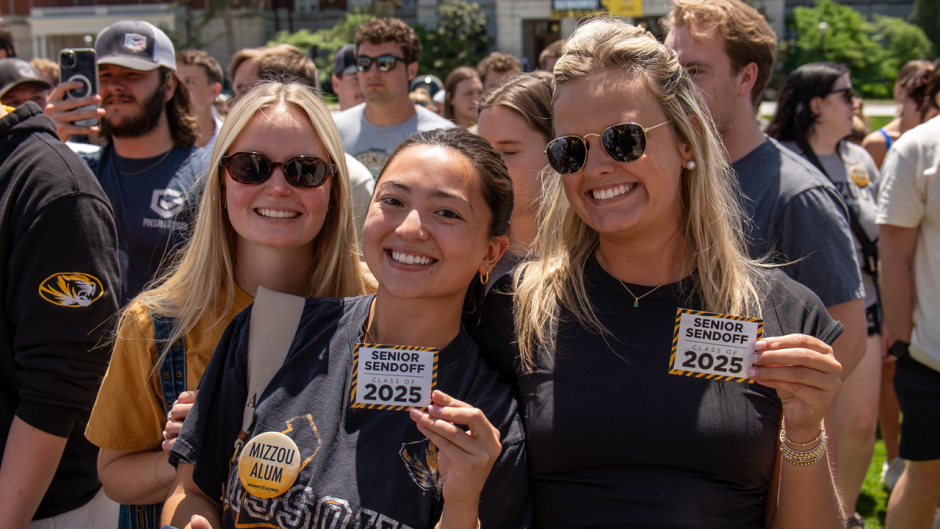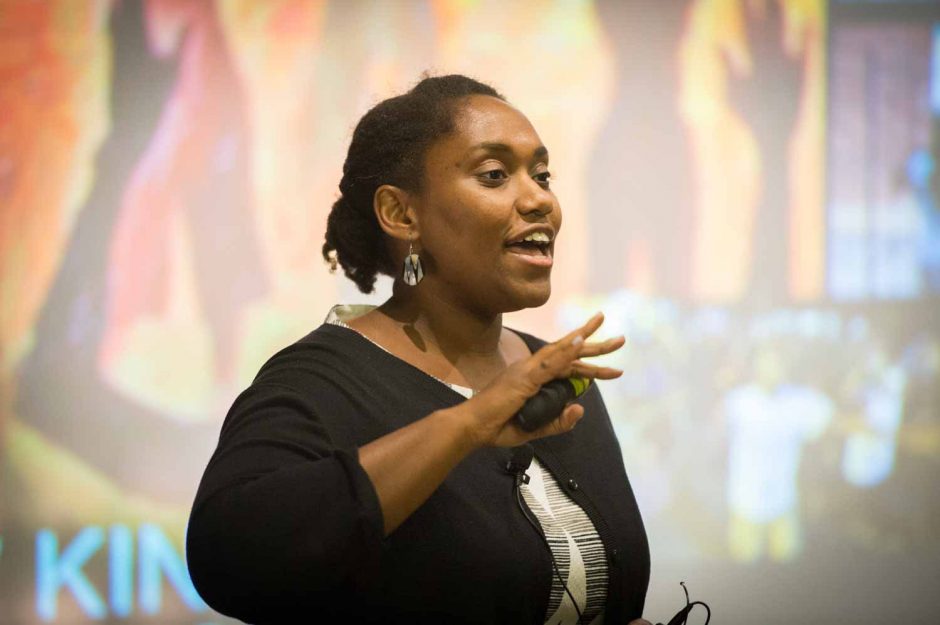
Mizzou alumna Marcia Chatelain, Georgetown University professor and creator of #FergusonSyllabus, harnesses the power of social media to educate students and the public.
On Aug. 9, 2014, protestors flooded the streets of Ferguson, Missouri, after 18-year-old Michael Brown had been shot and killed by officer Darren Wilson. In Washington, D.C., Marcia Chatelain watched it all unfold. She was a professor of African American history and women’s history at Georgetown University, and her heart was heavy. Her emotion wasn’t just for Brown and his loved ones but also for the children of Ferguson, whose first day of school would be delayed to ensure student safety.
Chatelain’s teacherly response to Brown’s death was to create #FergusonSyllabus. The Twitter hashtag encouraged educators at all levels to share ideas, research, music and literature to help shape discussions about the events in Ferguson. She wanted to help educators, “step up and model to kids that we talk to about things that are difficult as they are happening because it makes us feel better and it makes us understand things differently,” she says. “Having a human response to Ferguson wasn’t taking a political position, it was responding to a crisis.” The goal was for teachers to discuss Ferguson with students on the first day of class, just as they would a natural disaster. Teachers nationwide used the hashtag to share resources, such as Do the Right Thing, a film by Spike Lee, and “I, Too, Sing America,” a poem by Langston Hughes.
Thousands of educators flocked to Twitter for the crowdsourced materials Chatelain’s hashtag offered. Since then, use of #FergusonSyllabus has revived during instances of police brutality, and more than a thousand popular press articles have mentioned the hashtag.
Fame from creating the hashtag has increased the number of Chatelain’s speaking engagements nationwide, including the Social Justice Symposium at Mizzou in February. During her visit to campus, Chatelain described how her time at Mizzou shaped her love for teaching and gave her tools to put her love for social justice into practice.
Social Justice on Campus
As soon as Chatelain stepped on campus in fall 1997, she got involved in student organizations, where her proclivity for activism bloomed: She worked with peers to create the Hate Report, which described the social climate for students from various demographic groups. She was part of a student group that successfully pushed for a full-time coordinator for the LGBTQ Resource Center. She was initiated into three honorary societies — LSV, Mortar Board and Mystical 7 — that emphasized women’s issues, academics and social justice. She participated in Inclusion Now, through which she lobbied, that the university include sexual orientation in its nondiscrimination policy. “These experiences were formative in making me feel confident that I could be a leader,” she says. “But also, they gave me opportunities to advocate for groups that were not represented around the university.”
As a junior, Chatelain became a McNair Scholar, a program that prepares undergraduates for graduate study. Through this, she realized that her love of scholarly work could lead to opportunities she hadn’t considered. “Mizzou gave me an understanding that I could have a career that centered around colleges and universities,” she says. “There was a kind of rhythm to school, to college life, that I really liked and could take with me in a professional way.”
From the Midwest to the East Coast
After Chatelain graduated from MU in 2001 with degrees in magazine journalism and religious studies, she earned a master’s and a doctorate from Brown University. Now she teaches African American history and women’s history at Georgetown University.
Conversations about race, sexuality, gender and activism often arise in Chatelain’s classroom. She welcomes these sometimes-difficult moments and credits her activism at Mizzou for her equanimity. “Everyone is afraid of difficult conversations because they think that everyone is going to cry or yell at each other. And what if they do? Who cares?” she says. “The dialogues are good because community is good. It’s as important to build a community as it is to teach students things. So, the more trust that I bring into the space and the more trust they cultivate with each other, the more we can talk about difficult things.”
Such openness is valuable, even necessary, across disciplines, Chatelain says. For instance, “You don’t want to talk about race in a marketing class, but you’re going to realize your company may have to issue an apology for an offensive ad. You don’t want to talk about race in a biology class, but you’re going to have to contend with the fact that there are so many diseases we understand based on racial disparity and the concentration of environmental waste.”
Hashtag Proliferation
Since creating #FergusonSyllabus, crowdsourced syllabi have taken off. For example, in the wake of the 2016 Orlando Pulse Shooting, #OrlandoSyllabus was created. In summer 2015, #CharlestonSyllabus was created. Although Chatelain did not create these hashtags, they share the idea of gathering pertinent research, writings and lectures as a resource for teachers and others.
Chatelain has been busy since she first introduced #FergusonSyllabus to Twitter. In 2015, she published South Side Girls: Growing Up in the Great Migration, which tells the stories of black girls growing up in Chicago from 1910 to 1940, a period when Chicago’s black population quintupled. In 2016, she launched Office Hours, a podcast dedicated to conversations she can’t always get to in class. Topics include immigration reform, religion and the general woes of being a college student. She travels the country speaking in classrooms, lecture halls and at conventions on the topics of race, activism and inclusivity. She believes in including everyone in such conversations, because it takes everyone to make a difference. “Most people will not occupy the quad, chain themselves to a building or go to an airport and protest. That’s fine,” she says. “But everyone has the capacity to have a substantive conversation. Everyone has the capacity to learn about an issue before they vote on it. Everyone has the capacity to visit a museum, everyone has the ability to move closer to their ideals.”
Chatelain’s persuasiveness landed her on the Chronicle of Higher Education list of most influential people of 2016. She was selected for her creativity in using social media to teach and talk about social justice.
Although Chatelain’s studies and activism have taken her all over the country, she still credits Mizzou for helping her realize her capabilities. “These things weren’t even in my purview when I came to Mizzou, but the mentorship and support helped me,” she says. “If it weren’t for these programs that elevate people who have been underrepresented, I wouldn’t be able to have the impact I do in my career.”

